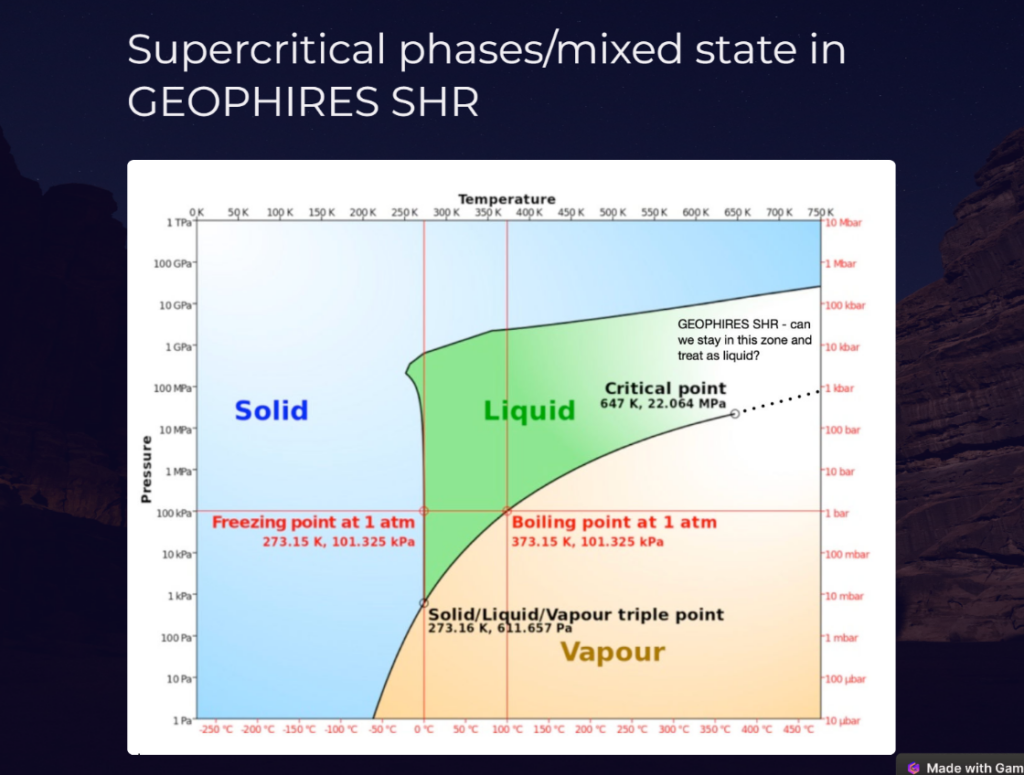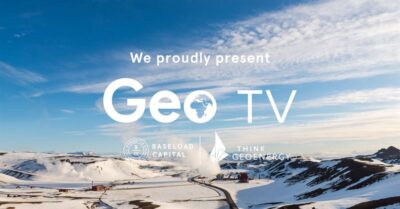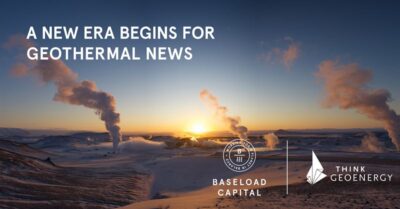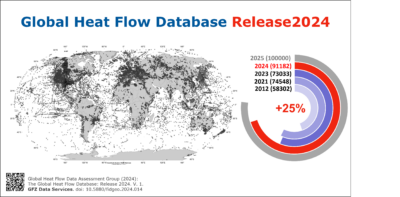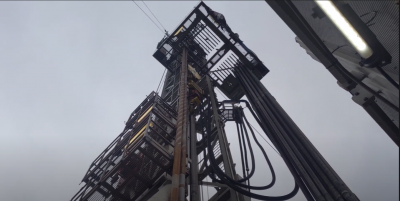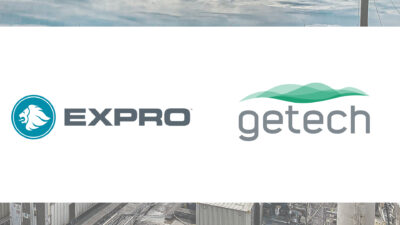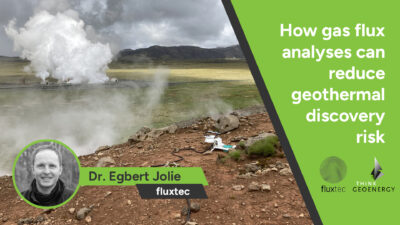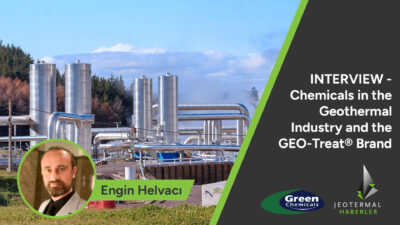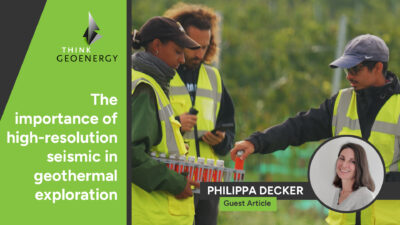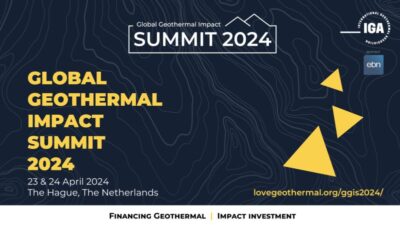Polpis Systems develops simulator for cost-effective supercritical geothermal
Polpis Systems is developing an open-source API for modeling of supercritical geothermal with an approach minimizing risk and focusing on commercial viability.
Polpis Systems has announced the development of Deep Energy Exploration and Production (DEEP), an open API techno-economic simulator designed specifically for superhot geothermal resources.
DEEP will be the first comprehensive model capable of simulating supercritical conditions and producing a framework for identifying the technical capabilities needed to commercially extract energy from this deep thermal resource. The output of this effort provides a pathway for de-risking the capabilities needed to make supercritical geothermal competitive in the near term by quantifying the critical parameters.
Polpis Systems had previously published an open proposal for a geothermal power generation system that uses supercritical CO2 (sCO2) as the working fluid.
Modeling the supercritical zone
DEEP is being packaged as the first comprehensive effort to model the thermodynamics and geophysics of supercritical geothermal resources within the Brittle-Ductile Transition (BDT) Zone. The naturally low permeability within the BDT is one of the major challenges of superhot rock development, along with extremely high temperatures and complex reservoir mechanics.
Simulation will be done via GEOPHIRES v4, an updated version of an open-source geothermal techno-economic simulator. The GEOPHIRES code base has been updated to account for supercritical conditions, accurately modeling fluids up to 500 °C.
A reverse modeling process
Current versions of GEOPHIRES take reservoir, wellbore and surface plant configurations as inputs in order to output various economic information such as the capital, operation and maintenance costs, as well as instantaneous and lifetime energy production and levelized cost of energy of a desired geothermal plant. This is a forward design process that is appropriate when working with well-established technologies, reservoir configurations, and plant design.
Supercritical geothermal development deals with high levels of technology uncertainty. Given the limited data we have currently on the subsurface and technical capabilities that are not yet fully developed, DEEP takes an approach that minimizes technology risk and complexity given cost and performance goals. This reverse modeling approach creates a technical roadmap that determines the engineering innovations and technical risks that need to be addressed to implement cost-effective deep supercritical geothermal development.
An open-source approach
The roadmap relies on understanding new technologies through open-source modeling where users and the broader geothermal community can verify and validate inputs, assumptions and modeling capabilities. This creates a feedback loop for geothermal discussions and technological advancements where users are not required to ‘trust’ the claims of developers but rather use DEEP to show an alternate analysis or suggest areas where the modeling is deficient.
This is in line with the original mission of Polpis Systems as an open science experiment. The project aims to test the hypothesis that open collaboration and transparency of methods will lead to greater progress towards advancing geothermal energy. The company intends to publish their work and document their progress, both positive and negative, believing that this is the best way to foster a collaborative community where public progress, rather than proprietary patents, is the end game.
Polpis Systems invites those who are interested in collaborating or partnering to join their Visible hub to track progress and updates. In addition, if you are a geothermal scientist or technologist and have interest in being a co-author by participating in the publication of our deep geothermal roadmap, please reach out to Wenyuan Chen, Chief of Staff, Polpis Systems: wen@polpissystems.com.
Source: Polpis Systems
Note: We corrected the article to reflect the correct name of the software and software version.
